Ex-detainee of Australia’s offshore refugee detention centre shares fears over UK Rwanda plan
As the UK Home Office tries to get its Rwanda policy off the ground, a refugee who was held for six years on Nauru island tells Holly Bancroft about her concerns

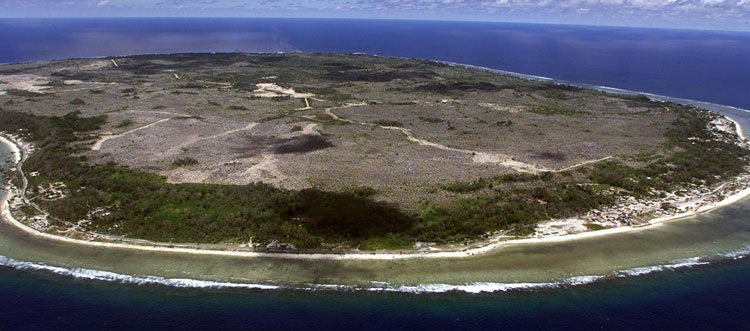
When Ellie Shakiba arrived on Nauru island, a 21km-square patch of rock in the Pacific Ocean, she thought she wouldn’t be there for long.
She had survived a perilous journey from Iran, through Indonesia, into the hands of people smugglers and across the Indian Ocean.
Her head full of warm expectations about the Western world, she had hoped that Australia would house her as a refugee. Instead, she was shipped to a detention centre 2,800 miles away.
Looking around, there was very little except a collection of nylon tents covered inside and out with carcinogenic cadmium-laced dust – a legacy from when 80 per cent of the island nation had been destroyed by phosphate mining. She would be there for six years.
“It was built to make an example of us,” she told The Independent. “To say, this is what will happen to asylum seekers who come to Australia by boat.”
Speaking from the United States where she now lives, she spoke of her concerns that the decisions of the Australian government are now being repeated by the UK.

“They were punishing us to scare the world and to try to stop people coming to Australia,” she said. “And that is exactly what Priti Patel is doing.”
Ms Patel’s Rwanda policy dramatically failed to get off the ground last month when seven refugees due to be sent to the central African country successfully challenged their deportation.
The home secretary had said that the UK’s partnership with Rwanda would send a “clear message that illegal entry will not be tolerated”.
In a speech to the House of Commons, she described the policy as a “practical, humane way forward for those who arrive to the UK by illegal routes”.
The Home Office rejected the comparison between its Rwanda policy and the Australian model, branding it “fundamentally wrong and inaccurate”.
One of the key differences is that anyone sent to Rwanda would not be detained, the government stressed.
But for Ms Shakiba, who has made a documentary film about her time on Nauru, the UK policy is destined to be a failure just as she says the Australian policy was.
“It never succeeded to solve the problem,” she said. “Ten thousand people have arrived by boat this year to the UK. Are they going to send 10,000 people to Rwanda? Of course not.
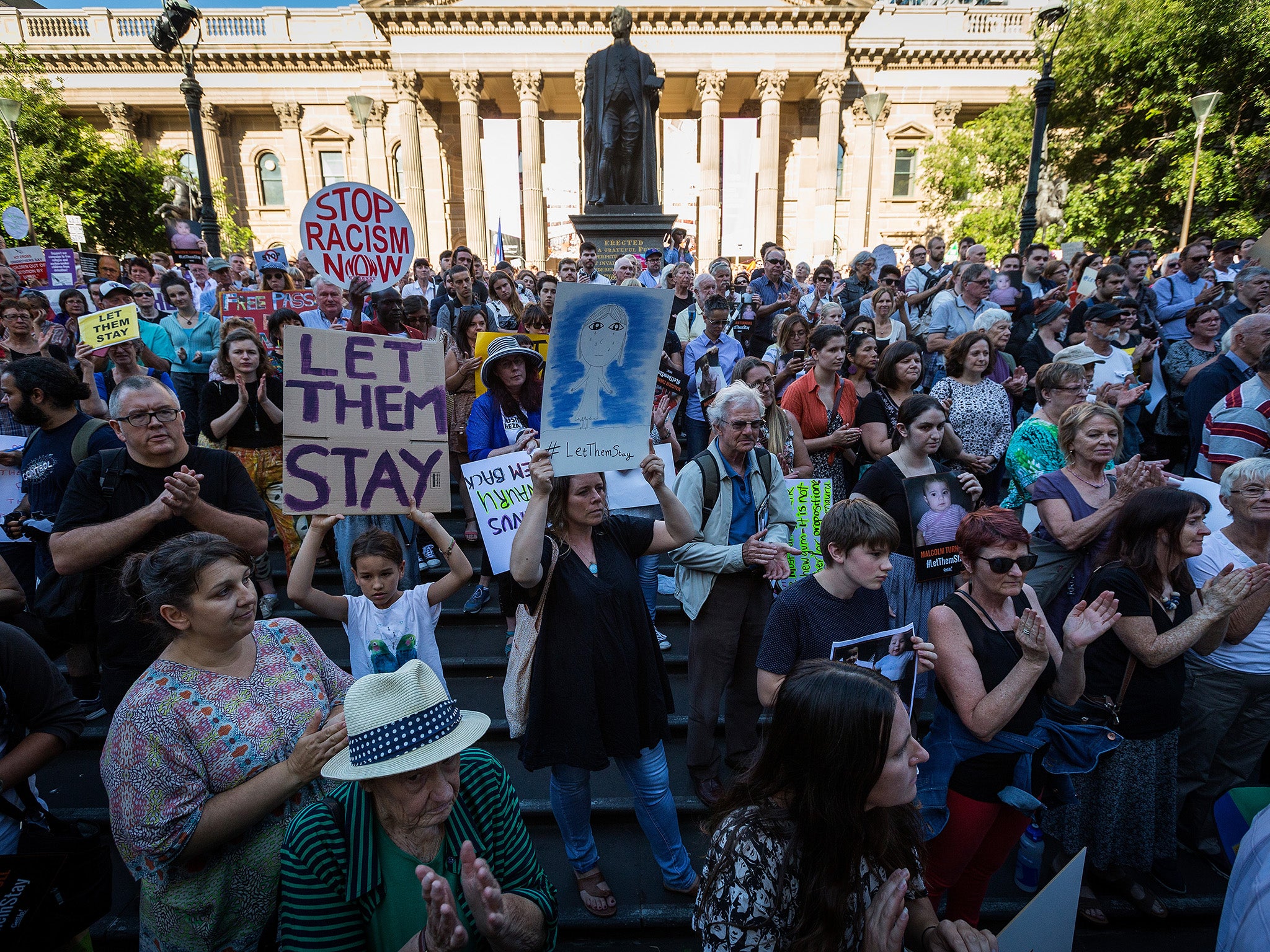
“They pick some Iranians and some Afghans and send them as an example. The same thing is happening again.”
Australia used Nauru, along with Papua New Guinea, as a remote site for the “offshore processing” of people seeking asylum and who have arrived in the country by boat. It is government policy that no one who arrived in this way can ever settle in Australia.
The conditions on Nauru, which is still home to around 115 asylum seekers, have been a particularly stark example of the impact of sending refugees to live in immigration limbo.
“Most of the people in Nauru grew numb and sceptical to any talk of leaving the island,” Ms Shakiba said. “Until they saw it happen with their own eyes they would not believe it.
“We were given just enough good news to start to hope again, only to have it dashed soon after.
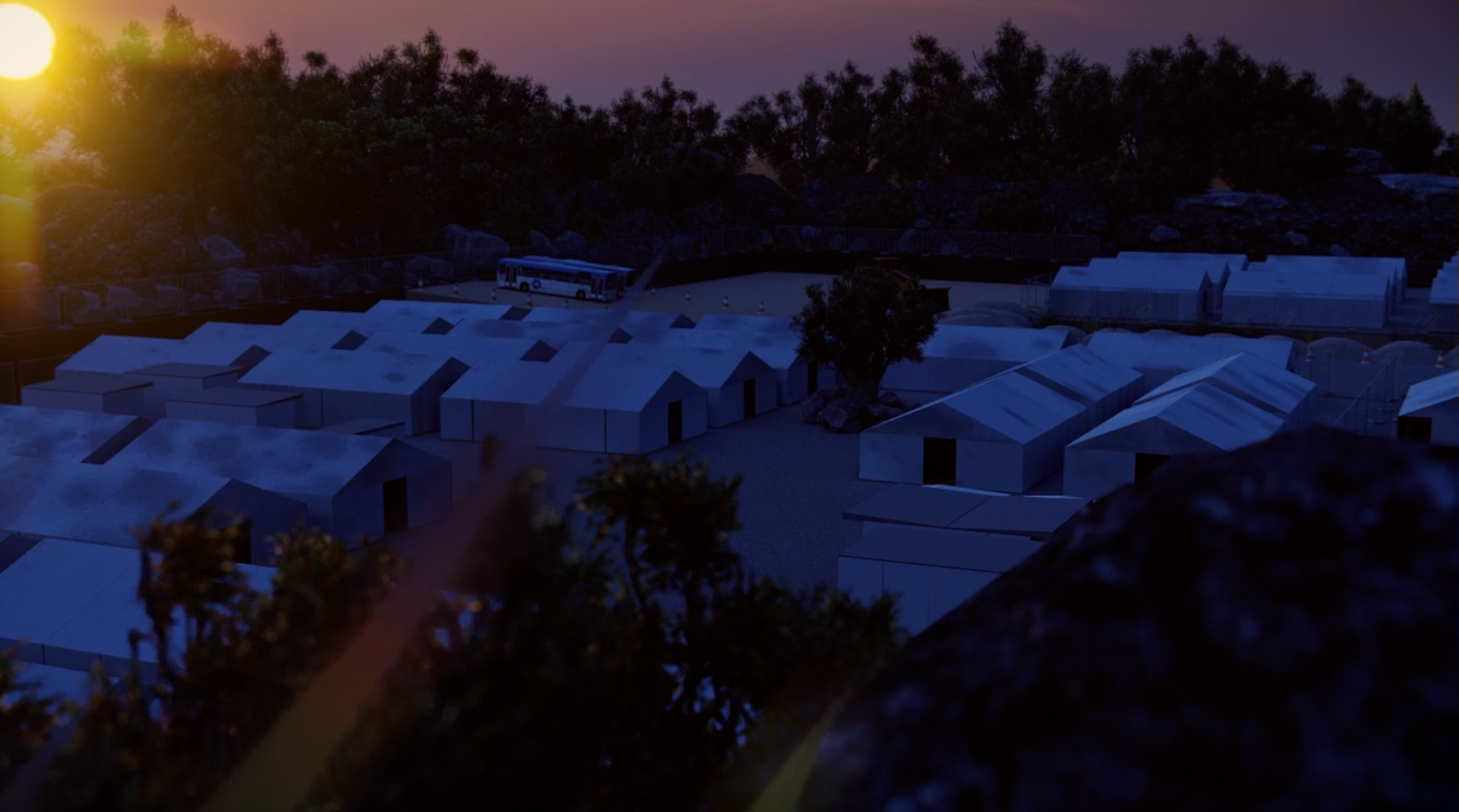
“This was a kind of psychological torture that led many refugees to attempt suicide, some successfully.”
The number of asylum seekers on Nauru peaked at 1,233 in August 2014.
According to the Refugee Council of Australia, the 115 refugees on Nauru are living in the community and the processing centres have been closed. However, it still costs the government more than AUD$4m (£2.3m) a year to hold each refugee or asylum seeker there.
For the children on the island, the impacts are particularly acute.
Beth O’Connor, a doctor who worked on the island with charity Medecins Sans Frontiers before workers were kicked off in 2019, witnessed children presenting with resignation syndrome.
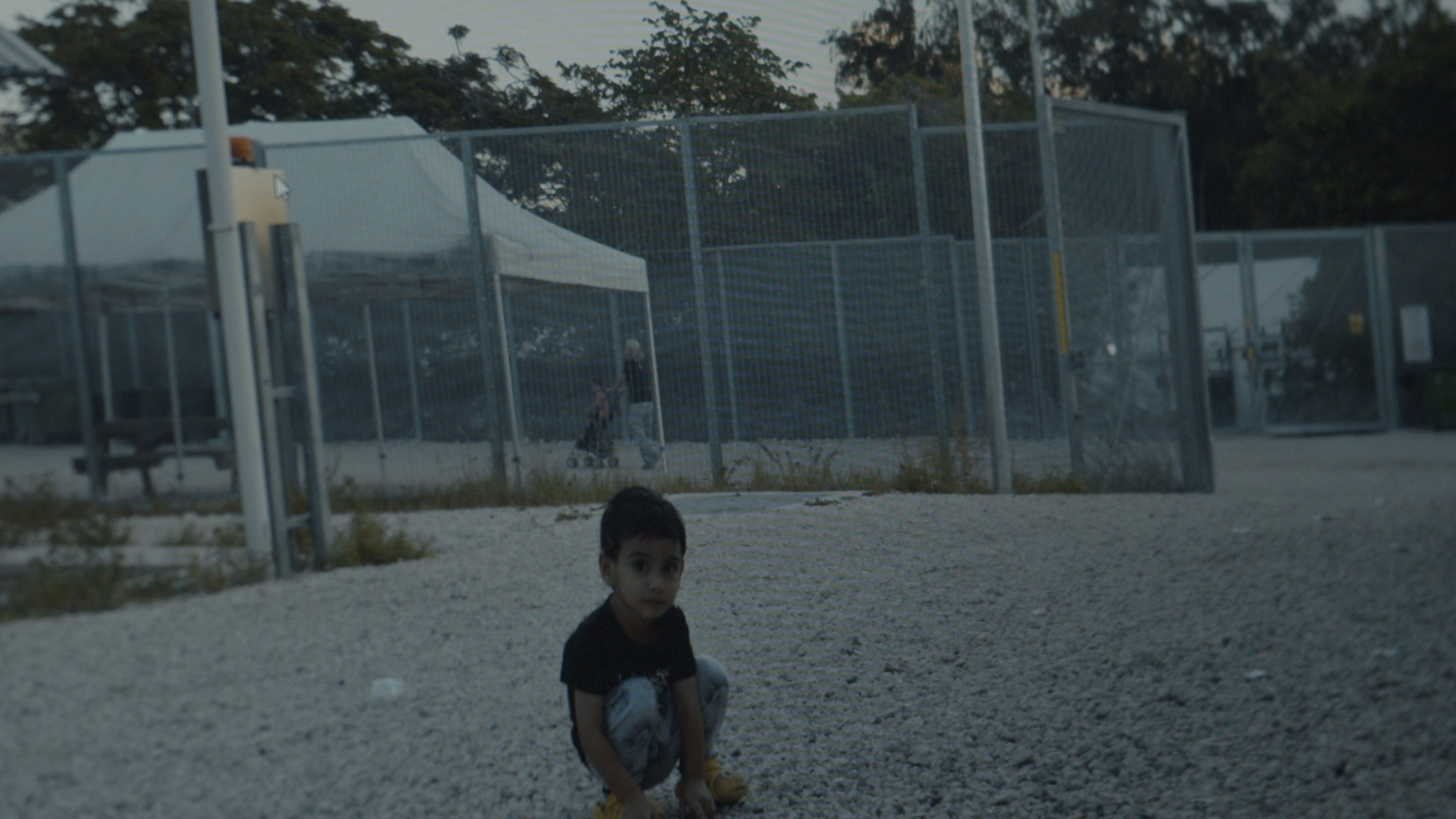
The illness saw children who were previously full of life slowly withdraw from their friends and family. They eventually regressed to the point that they became mute and would stop eating and drinking.
“They would look right through you as you tried to engage with them like you weren’t there,” Dr O’Connor said. “When they progressed to that stage the condition is life-threatening and they require treatment in hospital, including with intravenous fluids.”
Despite Dr O’Connor’s help, there was no cure for resignation syndrome. Only restoring hope to the family had any effect on the children’s conditions, and even then it was a long journey back.
Ms Shakiba arrived on the island in early 2014 and some of her hope was restored when US president Barack Obama reached a refugee swap deal with Malcolm Turnbull’s government.
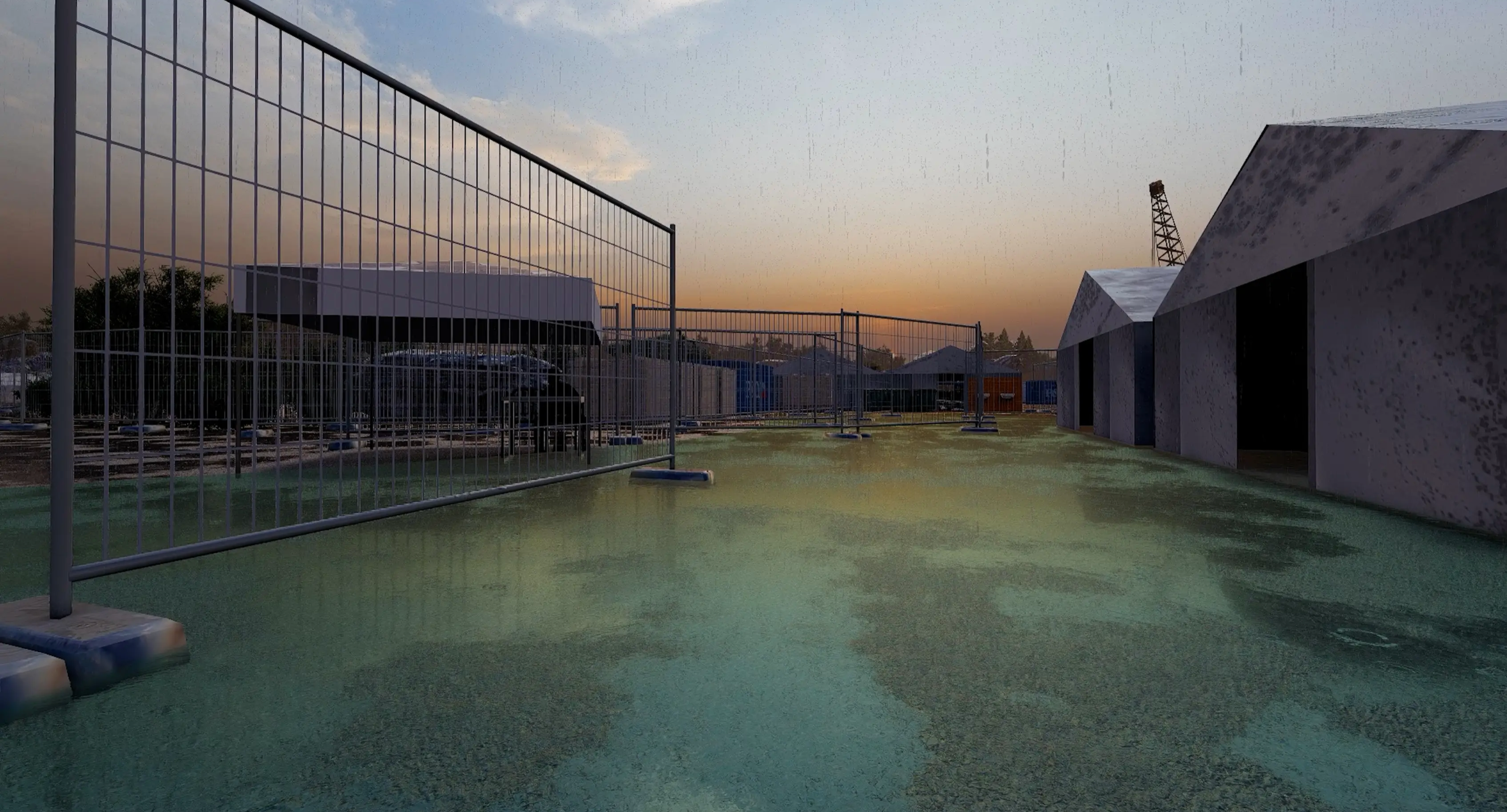
This was thrown into disarray when Donald Trump became president and introduced a “Muslim ban” but, after more than a year’s pause, the US began processing cases again.
The UK government is expecting to only send adults to Rwanda. However, The Guardian reported that one hostel in the country, which has been leased by the Rwandan government to house asylum seekers, is making preparations to accept children.
A spokesperson for Boris Johnson said they thought “90 per cent of those coming across are men”.
The facilities waiting for the arrivals are also much more substantial than the nylon tents or prefabricated buildings on Nauru, they said.
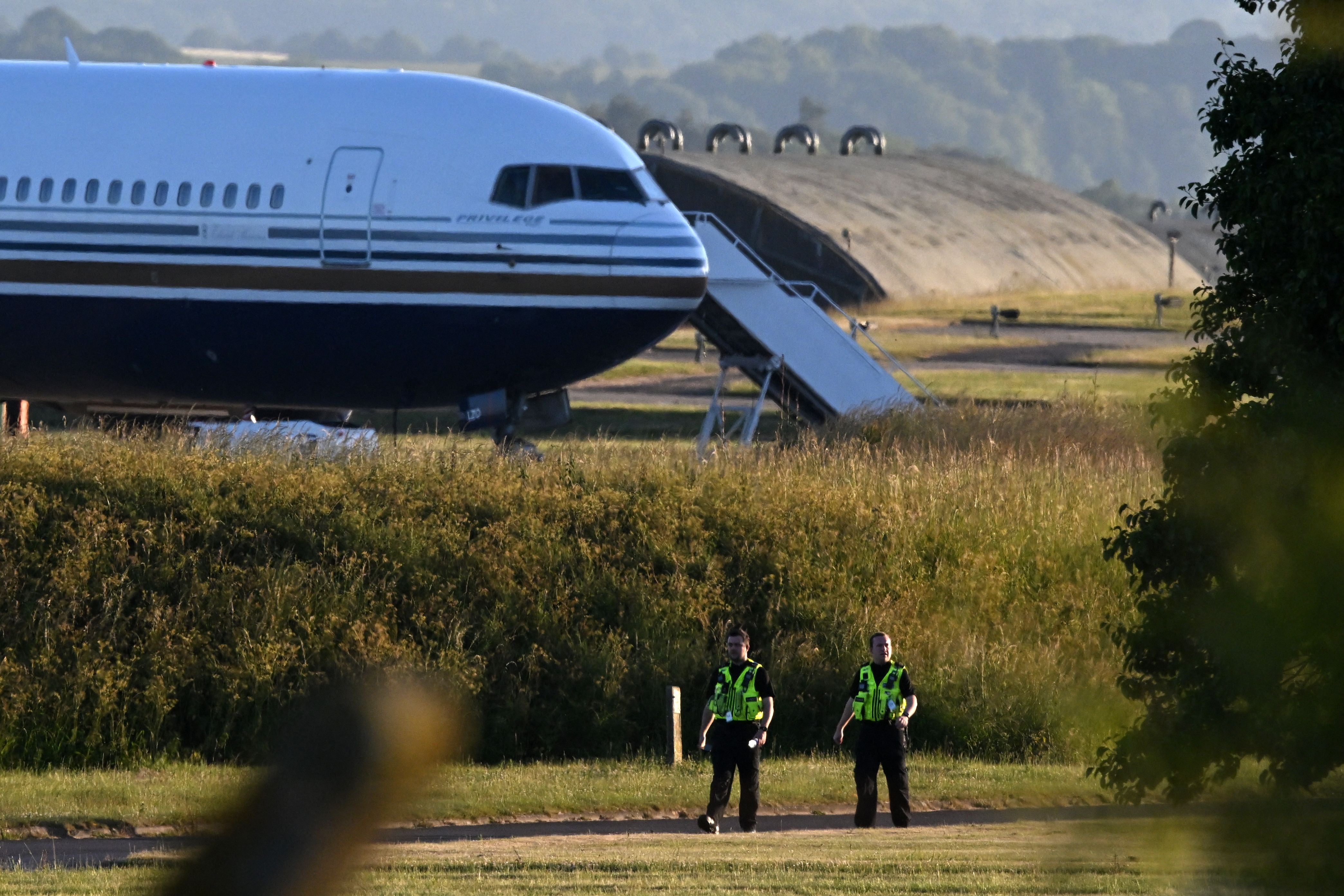
The hotels that have been prepared in the UK-Rwanda deal provide televisions, amenities, and free wifi.
Unlike on Nauru, where travel is extremely limited to the asylum seekers, refugees in Rwanda “are free to leave if they wish”, the Home Office said.
“Under our approach, people sent to Rwanda are not detained but relocated to have their asylum claims considered by Rwanda,” a UK Home Office spokesperson explained.
Rwandan government spokesperson Yolande Makolo said that they “will do our best to make sure that the migrants are taken care of and that they are able to build their lives here”.
But Dr Beth O’Connor is still concerned about the impact of passing asylum decisions to Rwanda – particularly on the mental health of those who are first to go.

A number of the asylum seekers that the Home Office tried to send to Rwanda last month cited significant mental health problems as reasons why their deportation should be halted.
“I feel that they are repeating the situation for the asylum seekers and refugees that occurred in Nauru by sending them to Rwanda,” she said.
“From the example of Nauru, there is good evidence that harm was done to the refugees that were sent there by the government of Australia. I would have hoped that history wouldn’t repeat itself.”
For Dr Natalie Hodgson, who did her PhD on Australia’s offshore detention system, the key similarity between the two immigration policies was the “introduction of this offshore processing system”.
“In Australia’s case, it was done in Papua New Guinea and Nauru and in the UK’s case it was Rwanda,” Dr Hodgson said. “The idea is that this will, in some way, deter people from making or undertaking dangerous boat journeys.”
The University of Nottingham academic added that there are also repeated concerns about whether the people who are transported to Rwanda will have their immigration cases determined fairly.
“This was part of the UN Refugee Agency’s [UNHCR] concerns about the UK scheme,” she said. “There are worries about the legal system in Rwanda, whether it can cope with the caseload and whether asylum seekers’ cases will be properly considered.”
She added: “There is no evidence of the offshoring policy having a deterrent effect in the Australian context. So it is likely that the UK’s policy is unlikely to deter asylum seekers travelling here.”
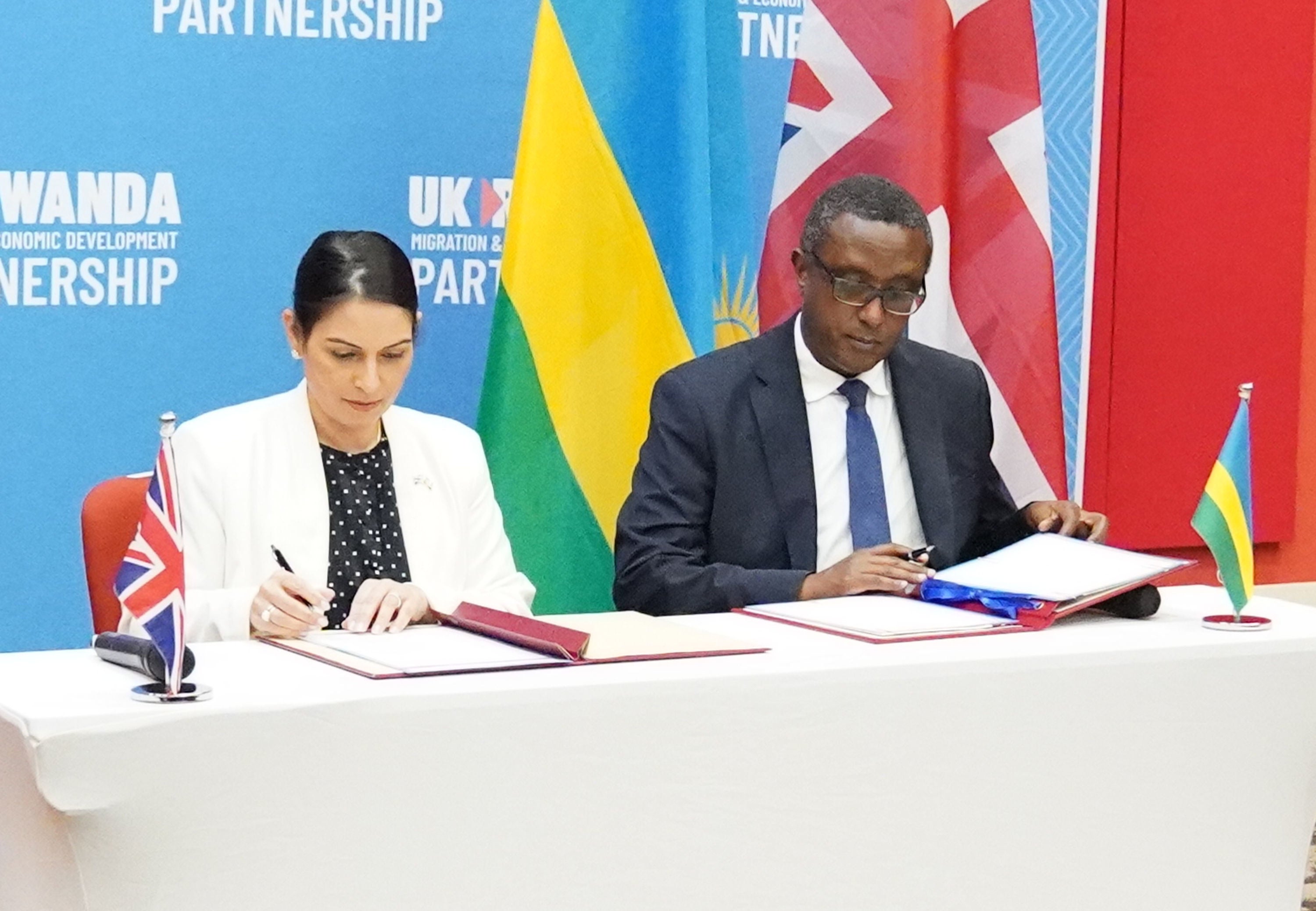
A spokesperson for the Australian government said that its collection of “Operation Sovereign Borders policies”, of which offshoring detention was one, “have successfully stemmed the flow of irregular maritime arrivals to Australia, disrupted people-smuggling ventures within the region, and prevented loss of life at sea”.
They added: “The Australian government remains committed to regional processing.”
A spokesperson for the Home Office said: “Rwanda will process claims in accordance with national and international human rights laws, ensuring protection from inhuman and degrading treatment and a monitoring system will be put in place to ensure the scheme is successful.”
The trailer for Ellia Shabika’s documentary film Searching for Aramsayesh Gah can be viewed here.






Join our commenting forum
Join thought-provoking conversations, follow other Independent readers and see their replies
Comments